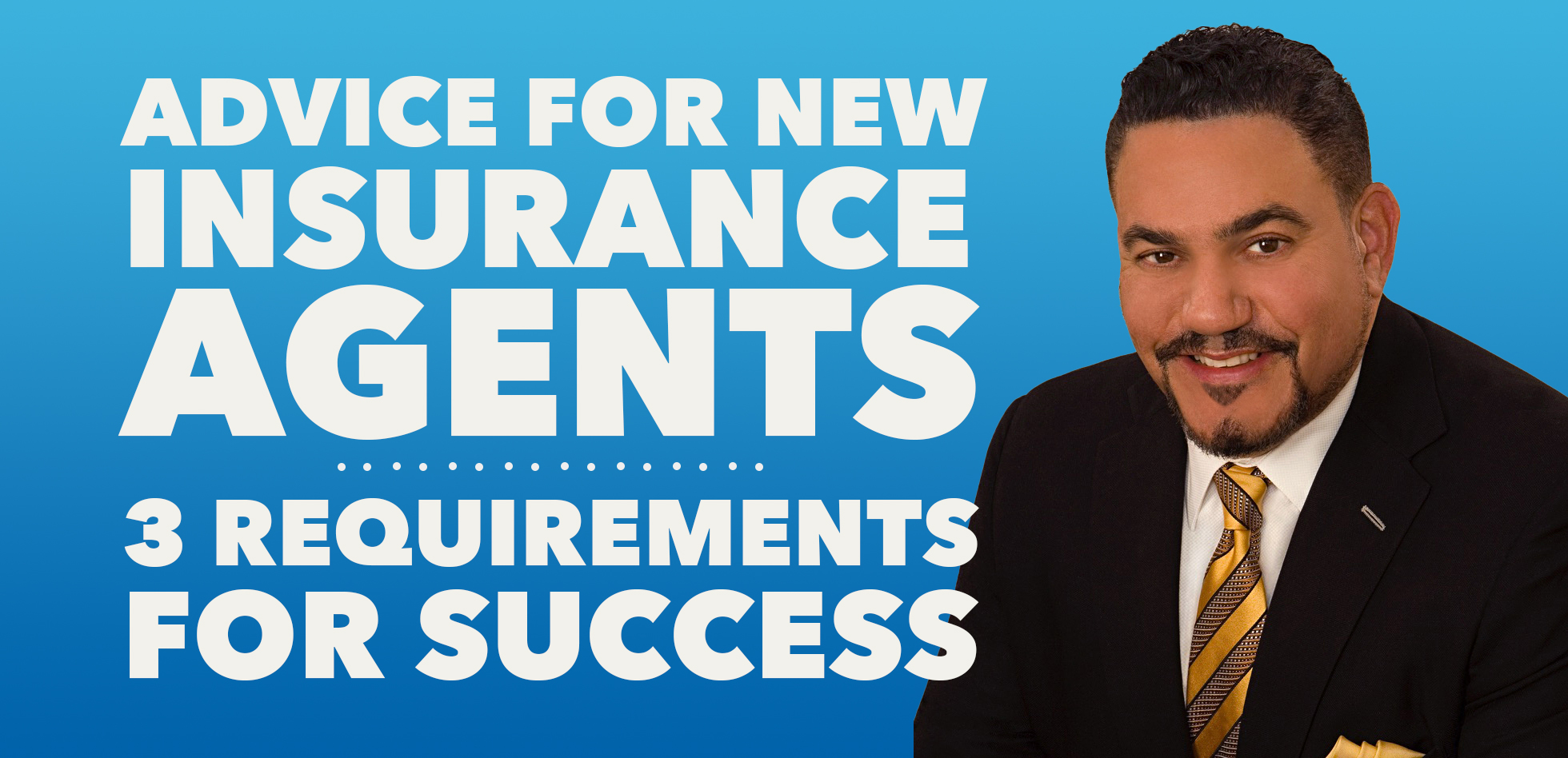When you’re looking to build a sustainable real estate practice, systems are incredibly important.
And I always say, the best system is the system you use 100 percent of the time. The key is in committing to whatever you choose and tailoring it to suit your business.
Some real estate agents rely on technology more than others. But those who refuse to embrace new systems and innovations are doing a disservice to themselves, as well as their clients.
Here are the top three ways you can use technology to make your business run smoothly for both you and your customers.
Automate the mundane
When you spend too much time on mundane tasks, you’re devoting less time to connecting with and servicing clients.
And let’s be real: you probably didn’t get into real estate to do paperwork. You’re in this business because you love working with people and helping them live better lives.
Start by asking yourself, “What do I do every day that can be replicated or automated?” For example, when you close a home, what things need to happen every single time? Figure out how you can systemize those tasks using technology.
Technology is ultimately here to help you. You should use it to spend less time on the things that can easily be handled by a machine and more time on what’s really important.
Offer convenience to your clients
Remember: whichever systems you’re using, the client experience comes first.
If I were starting out as a real estate agent, one of the first things I’d do would be to implement Dot Loop or a similar transaction management platform. For one thing, these systems reduce the time it takes to get crucial documents signed, meaning less headaches for you. But these systems aren’t just great for agents—they’re also a huge convenience for clients.
Any time I’m able to sign a document digitally, from the comfort of my home or office, I’m happy. Your clients will definitely feel the same way.
An added bonus of this improved customer experience is that it increases repeat business and referrals. When you make things easy and convenient for your clients, they’re far more likely to want to work with you again, or to recommend you to people they know.
Keep track of crucial details

Technology should help you remember things the human brain can’t handle on its own. Electronic calendars give you a bird’s-eye view of your schedule, while also making it easy to reschedule meetings, home showings, and other appointments. There are also countless programs you can use to easily keep track of your budget and profits.
For service-based sales professionals—and real estate agents in particular—one of the most valuable pieces of technology is a CRM.
Most agents get into the business because they’re good with people. The thing about people who are good with people is that they aren’t particularly detail-oriented. That’s why having tools to keep track of contact information, dates, and other details is so important.
When it’s used right, your CRM can be a powerful relationship-building tool. It allows you to see where you’re at with each client, as well as what you should do next. Plus, you can use it to record all the details that will guide your future interactions, including important dates, life milestones, and even your clients’ interests and hobbies.
We’ve worked with tens of thousands of agents, and our number one pain point has been getting lists of clients from our customers. For agents looking to stay in business, a contact database is everything. And yet, it’s such a struggle for many people to get their information together—they either don’t have it organized, or they can’t get to it for whatever reason.
If you take nothing else away from what I’m sharing with you, remember how important it is to have a CRM or other contact database. Your client relationships are the number one driver of your long-term success, and you need a systematic approach to building and maintaining them.
For more actionable business advice, check out our sales and marketing podcast, Stay Paid. Every week, we share tips and techniques from some of the top names in real estate, finance, and other industries, with the goal of helping you close more deals and retain more business.









 Apple Podcasts
Apple Podcasts
 Google Play
Google Play
 Spotify
Spotify















